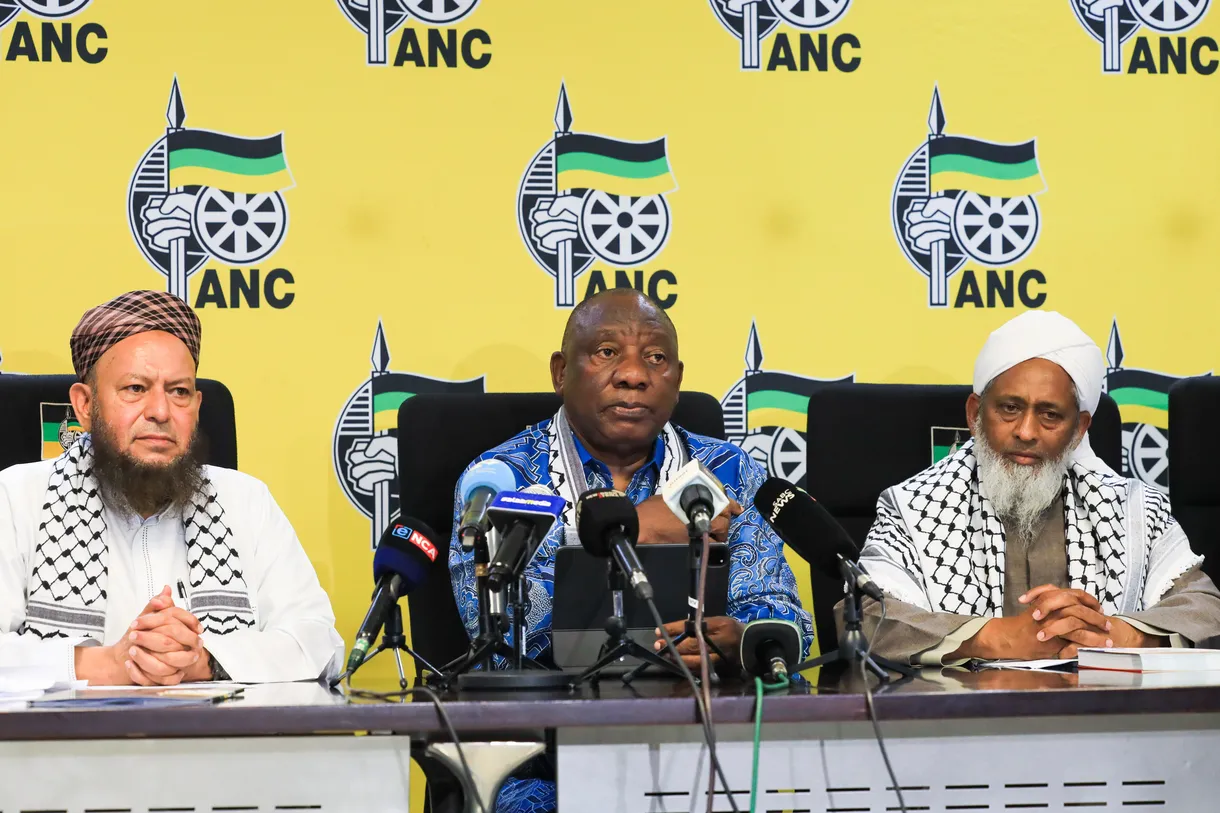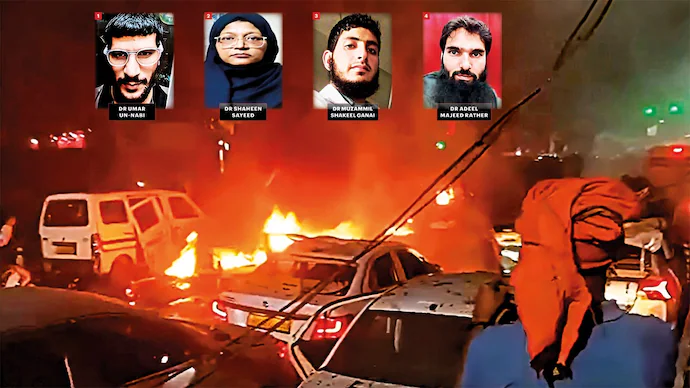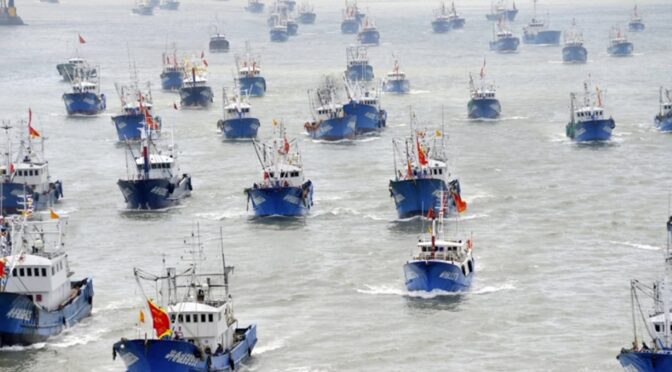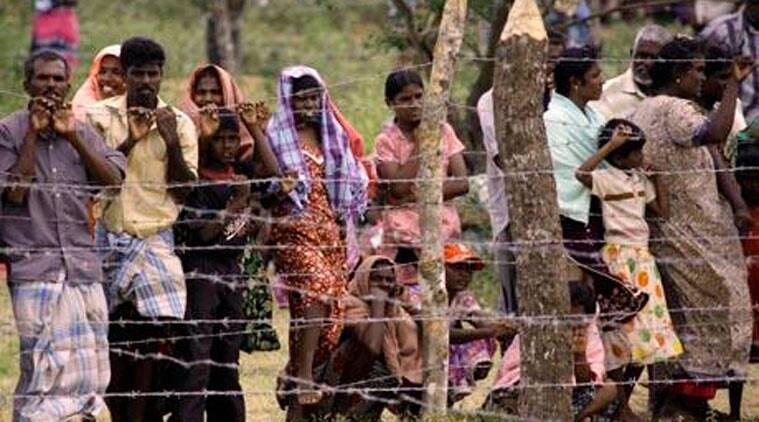South Africa is a Nation that most of the free world until now had associated with the liberation from Apartheid, in itself a valuable symbol of human progress. Since today, the image of South Africa will be irreparably associated with the most infamous legal case that International Law remembers: an accusation of genocide against Israel, the State that was created to save the Jews after the worst genocide ever committed: the Holocaust. The damage to South Africa’s image will probably last for long.
The country is struggling economically, and its ruling government is considered corrupt and divisive by most of the civil society. Its foreign policy automatically aligns with its new allies, the BRICS countries, that are joining their forces in order to create an alternative block of power to the American-led Western block: Russia, China and the new entry Iran, are among the fiercest enemies of the US order, and all of them have low human rights records. In order to do business with such allies, South Africa needed to leave humanitarian concerns out of the conversation, and it did it successfully.
Not that human rights had ever been at the center of the recent ANC policies. They had already granted free access to Omar al Bashir, ex-president of Sudan, responsible for the Darfur genocide, ignoring the arrest warrants by the International Criminal Court. Current President Cyril Ramaphosa himself had shown in recent months his indifference towards international laws, when he first invited Vladimir Putin to South Africa despite the Russian president is also under international arrest warrant due to the war crimes of his army in Ukraine. He declined his obligation to arrest Putin, like his own party previously did with Bashir.
Entertaining close and friendly ties with such allies, automatically placed the country on the very border of the rule of law. In the case of the ANC, it’s not a surprise: in its internal policies, too, the failing rule of law is the main concern claimed against them by the opposition.
Only a blatant ignorance of the above mentioned facts, could lead anyone to consider the South African case at the International Court of Justice as it was led by a genuine concern for the breach of humanitarian laws during the ongoing conflict in Gaza.
Now, somebody could still formulate an hypotheses: that the case has been filed due to a concern for the humanitarian struggles of the Palestinian people, with which South Africa has a long-lasting privileged relation. Apparently, this could be plausible: the Palestinian cause belongs to the DNA of the ANC, the South African ruling Party. Nelson Mandela left this legacy to his successors, because he always watched the struggles of the Palestinian people through the lenses of his personal and political path: the fight of the oppressed ones against a racist and supremacist power.
Certainly, this legacy stays in the minds of the ANC leaders, who are the direct successors of Mandela’s party. But the hypotheses that Mandela, was he alive today, could accept the mass butchering of civilians of any age, colour and religion, the desecration of their bodies, their abduction, rape and torture, as a plausible continuation of his fight for freedom, is very unlikely, to say the least. He would have more likely repudiated his own Palestinian stance, and probably his own successors.
Nonetheless, this ideological motivation of solidarity has been claimed as the founding step of the genocide case, repeatedly quoted by the South African lawyers and politicians in charge of it. But also here, there is something that doesn’t sound right: South Africa had an obligation, before filing the case, to discuss with Israel and try to work for a diplomatic solution. But the email that South Africa sent to Israel, in order to inform them about their consideration of a legal step, was sent when the huge corpus of the case to the ICJ was ready to go, near the end of December.
The Israeli reply, and the offer of a meeting to discuss the issue, was ignored by South Africa, who apparently had, since the very beginning, the only purpose of proceeding to the ICJ, regardless of the humanitarian situation of the people in Gaza and the chances to alleviate it.
This purpose had been persecuted and constructed step by step, through public and secret meetings since just after the attack of October 7th: Hamas delegates had visited South Africa just 2 weeks after the massacre. Then, South Africa had meetings with the other countries indirectly involved in the war, like the two main sponsors of Hamas: Iran and Qatar. It was presumably during these meetings that a shared strategy was elaborated.
South Africa, as publicly known at least since the summer of 2023, was struggling with its public finances. There was simply no more money to fund public expenditures, and corruption was the main reason claimed by the public. In a situation in which the government was under internal pressure, they had financial interests in receiving foreign help, while its foreign allies had interest in helping their loyal partner to remain in power.
We also recently discovered about the extensive financial relations that South African ruling party had with Hamas. Unofficial and well-oiled financial channels, that could be used to secretly send funds to Gaza during a period when the Israeli blockade had made the usual ways more difficult, or even impracticable.
After a series of one to one meetings, including the president flying in person to Qatar, the BRICS met online at the end of November for an emergency briefing on the war, and the chairing president of the meeting, Cyril Ramaphosa, made his position definitely clear, also in front of less aligned members like India: strong condemnation of the Israeli operations and their severe breaches of International Laws.
From that meeting, their intentions were clear and defined for several reasons: first, South Africa was leading the meeting; then, they shifted from a two sides to one side condemnation (Ramaphosa had previously condemned the massacre of October 7th); above all, he used the words “international laws”, which somehow didn’t sound blaspheme, this time, in front of Russian, Chinese and Iranian counterparts, who were attending the meeting.
One month later, their 84 pages were ready. There were no direct attempts to solve anything by diplomatic means. At the beginning of January, the ANC declared that there were no more problems with the money, and they were even covered for the incumbent electoral campaign.
Recently, the press exposed the financial ties between South Africa and Hamas through a web of secret bank accounts, and the suspect that countries like Iran and Qatar, who needed to facilitate funds to Hamas, may have funded South African financial struggles, in exchange for logistical help and for promoting the legal case at the ICJ on their behalf, is gaining ground among many observers, based on straightforward common sense.
The case, according to many international lawyers, was assembled quite in an unprofessional and confused way, almost with the intent of putting more meat as possible on the fire, regardless the credibility of the sources and the real connection of the facts with the allegations of genocide. This happened because the real purpose was not to win legally, but to serve as a facilitator and reinforcement of the propaganda machine, that is invading the streets of the western countries, the rooms of the United Nations and other NGOs, and the social media. It was there, that the charge of genocide had been already decided. South Africa brought their pledge to the Court in order to give it a sort of legal legitimacy.
The South African lawyers have clearly shown their real purposes when they presented the case: they explicitly reminded the Court that their job was not to say if there was genocide or not. They knew this was impossible. They just wanted provisional measures to be issued against Israel, ideally a ceasefire request.
The court, an organ elected by the UN and thus serving its agenda, wasn’t able to order a ceasefire, because the case had been already dismissed by most of the Western countries, while not supported by all the rest, with the exception of the Arab League and few others.
The main objective of South Africa, and its main backers, was to avoid an immediate dismissal of the case, so the propaganda machine, the Arab countries, Hamas itself, the UN and the NGOs, could go on indefinitely with their campaign, exploiting any linguistically intersection of the Court in order to keep the genocide narrative opened, and use it to blame Israel and harass Jewish worldwide. It’s a whole industry that needs the necessary ideological fuel to keep running, and the ICJ, as a UN agency, was ready to provide an assist.
Under this aspect, South Africa has somehow succeeded, with the help of the Court’s biased indifference towards the merit of the accusations. The Court has used all in its power to widen the meaning of the word genocide, to an extent in which most of the “bad stuff” that happens in a war may be included, from now on. It’s not by chance that the only two judges of the Court who had witnessed real genocides in their life, were abhorrent of this approach, and voted against the Court’s statement.
This apparent limited success, though, comes at a huge price for the Country of South Africa, especially as it seems that the ANC is set to win again in the incoming elections: with becoming a de facto Islamic proxy, playing cards with International laws, being reprimanded as a meritless time waster by the whole Western world, South Africa has closed a cycle: the sympathy that this Country had enjoyed among the progressive citizens of the world after the end of the Apartheid, has now hit a hard obstacle that will not be easily removed in decades to come, and will risk to isolate it from the democratic world and accelerating South Africa’s temptation for the uncharted waters of authoritarianism.
The Western world, in this moment, must help South African democracy to survive, and the Christian Church must protect the South African hugely Christian population from the virus of religious persecutions that already affect other countries on the African continent.
Marco Spagnolo is an independent sociologist from La Sapienza University in Rome




